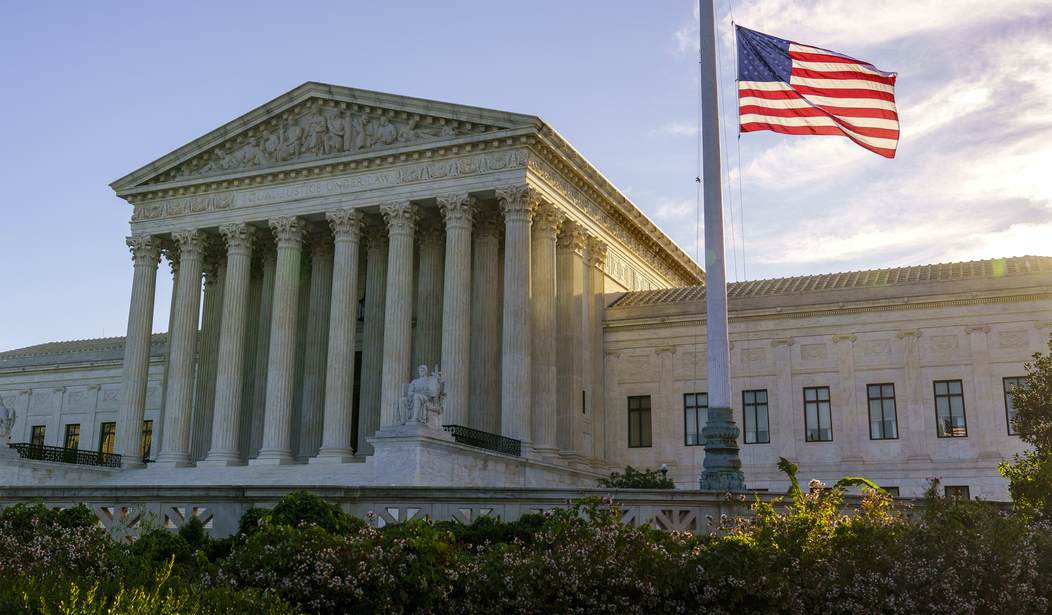At 38, Allison Jones Rushing has proven herself to be a kind, thoughtful, and intelligent attorney. The nomination for the next Supreme Court Justice is quickly approaching, and Judge Rushing has the credentials and experience suitable for a Supreme Court Justice.
Most notable about Judge Rushing is that she is dedicated to her family and to her faith. She is married with two children and has a personal relationship with God that shapes every aspect of who she is. She graduated from Duke Law School and currently serves as a Judge on the Fourth Circuit Court of Appeals. Judge Rushing started her legal career clerking for the then-Judge Gorsuch on the Tenth Circuit. After a clerkship with Judge Sentelle on the D.C. Circuit, Judge Rushing clerked for Justice Thomas on the Supreme Court. To this day, Judge Rushing has a close relationship with Justice Thomas, and Justice Thomas is likely to be her strongest influence on the Court. Since clerking for Justice Thomas, she was made a partner at Williams & Connolly, and later was appointed to the Fourth Circuit Court of Appeals.
Not only does Judge Rushing have a distinguished resume, she is also distinguished amongst her colleagues and friends, on all sides of the ideological spectrum. In support of her Fourth Circuit nomination, Judge Rushing received numerous letters from more than 100 partners at Williams & Connolly, 32 law clerks to Judge Sentelle, 25 law clerks to Justice Gorsuch, and many others. She also received a letter of support from a co-clerk from her time with the Supreme Court – an individual who worked in the chambers of every active Justice. One of Judge Rushing’s former law clerks wrote that she “sees without regard to any political or social pressure.” These letters consistently praised Judge Rushing for her intellect, work ethic, humility, kindness, and integrity. Those are qualities that should be essential to every Supreme Court Justice. In the broad legal community, Legal 500 praised Judge Rushing for her “excellent writing advocacy skills,” and Super Lawyers recognized her as one of its “Rising Stars.”
Recommended
Although she was only recently confirmed to the Fourth Circuit in May of 2019, her opinions show her to be a thoughtful and fair judge. In her short time on the bench, Judge Rushing has written boldly and in line with her strong judicial philosophy. In Wilcox v. Lynn, she wrote, “The two sexes are not fungible and physical differences between men and women are enduring. Indeed, inherent differences between men and women need not be ignored or suppressed but rather remain cause for celebration.” In Mayor and City Counsel of Baltimore v. Azar, Judge Rushing dissented from the en banc panel of the Fourth Circuit, and she would have held that the stay on President Trump’s Title X regulations should be lifted.
Judge Rushing established a strong track record of advocating for fundamental freedoms and those in need while in private practice by donating a substantial amount of time to pro bono work. Significantly, she represented a veteran seeking educational benefits and has represented prisoners and the indigent. She also worked as a Maryland Public Defender on three separate appeals cases. Additionally, Judge Rushing wrote numerous amicus briefs. In The Bronx Household of Faith v. The Board of Education of New York City, she wrote to oppose a ban on private religious services in public schools. In Matal v. Tam, Judge Rushing argued that the Lanham Act prohibition on “disparaging” trademarks was unconstitutional under the First Amendment. In law school, Judge Rushing wrote an article for the Federalist Society about Article III standing to challenge a Ten Commandments monument on government land, and later wrote a similar amicus brief for City of Bloomfield v. Felix.
Judge Rushing has been unafraid to speak on topics and for organizations that are viewed by some as politically controversial. At a forum regarding the Supreme Court’s same-sex marriage rulings, she voiced her concern about how the Windsor opinion was written in such a way that “calls it bigotry to believe that homosexuality does not comport with Judeo-Christian morality.” Judge Rushing spoke at Alliance Defending Freedom events from 2012-2017 and was a Blackstone Fellow during law school.
Judge Rushing stood by her convictions during her Fourth Circuit nomination and would continue to do so on the Supreme Court. Her respect for both genders, for the family, and for individual freedoms would be a welcomed perspective on the Supreme Court.

























Join the conversation as a VIP Member